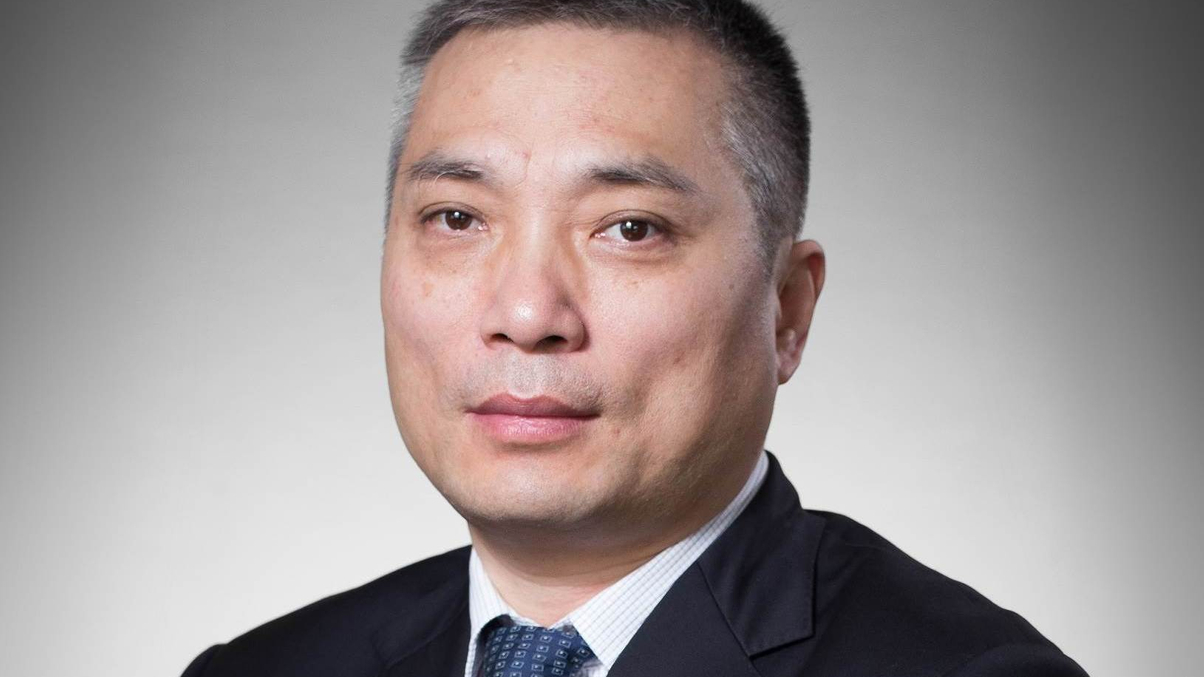E Fund delays London office, awaits mandates
The Chinese firm is postponing its UK plans due to Brexit-related uncertainty and lower foreign demand for RMB assets. Still, it expects mandates from European investors to start flowing soon.

Guangzhou-based E Fund Management is delaying opening its London office as a result both of reduced interest in Chinese investments due to renminbi depreciation, and of uncertainty caused by Britain’s vote to leave the EU.
Sign in to read on!
Registered users get 2 free articles in 30 days.
Subscribers have full unlimited access to AsianInvestor
Not signed up? New users get 2 free articles per month, plus a 7-day unlimited free trial.
¬ Haymarket Media Limited. All rights reserved.


